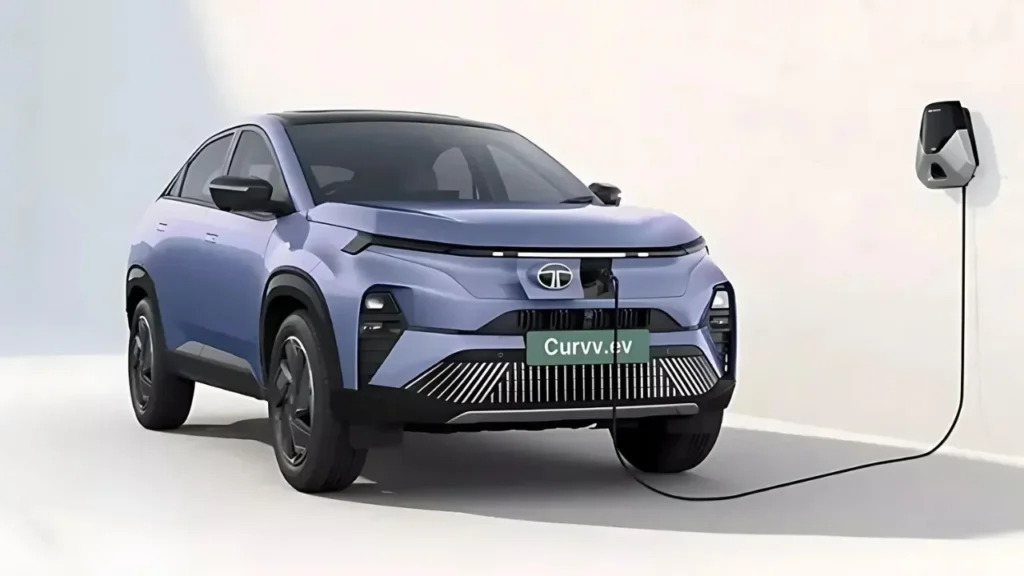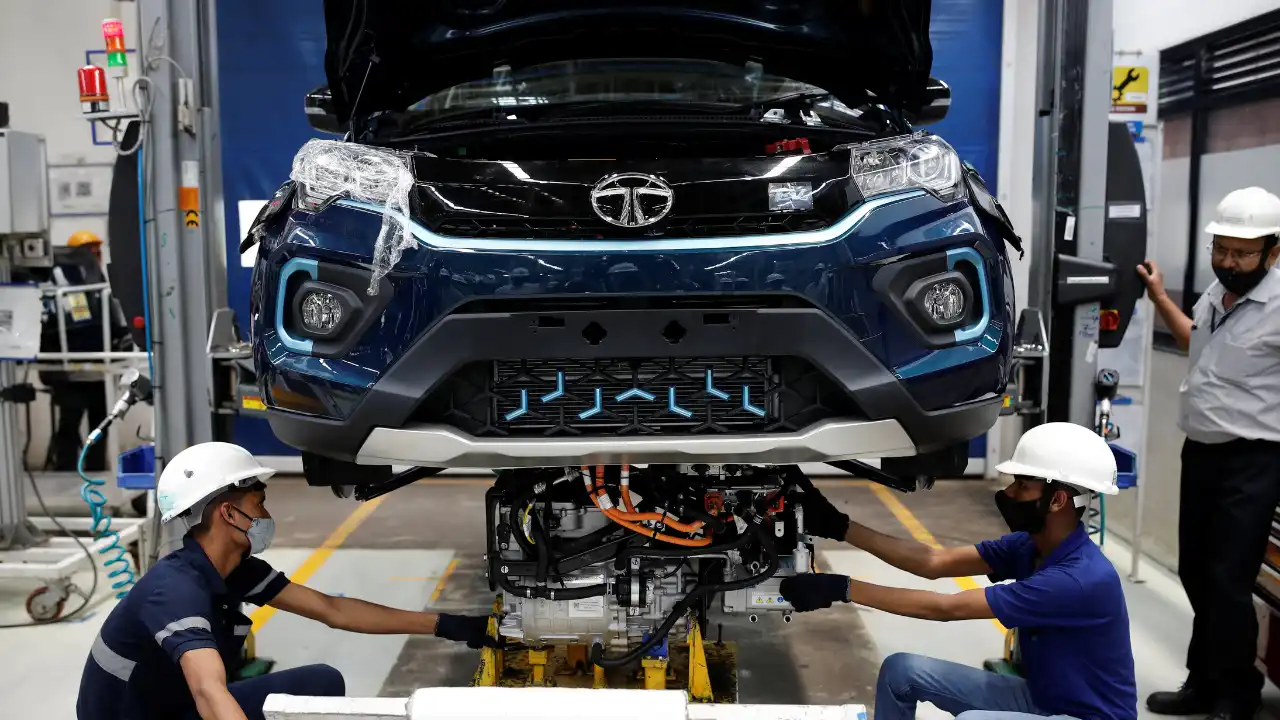The Government of India plans to curb imports on EV components under new EV subsidy policy
The Indian Government is planning to implement more strict the requirements for the localization of electric vehicle manufacturers and public charging stations that is set to begin in April 2025. This initiative is a part of the new ‘Phased Manufacturing Program (PMP)’ under the Indian government’s new ‘PM e-DRIVE’ scheme, which focuses on promoting domestic EV manufacturing. This new scheme is aimed to reduce reliance on imports.
Under the new PMP guidelines, the Indian electric two- and three-wheeler manufacturers will have to locally assemble key sub-components for 8 critical EV parts in the country to qualify for government subsidies. Whereas the electric bus manufacturers will have to abide by the same rules for 11 critical components.
This new guideline aims to drive more indigenization in the industry and less reliance on imports from other countries. This will mark a shift step from the FAME-II scheme, that offered more flexibility of importing up to 18 EV components. The new PMP will increase localization criteria to push domestic production in the country.
Creating a Balance between EV Localization & Adoption

The Ministry of Heavy Industries will have to balance faster adoption of EVs with deeper localization to increase local supply and keep up with the rising demands. The government will further use steps to avoid following the PMP overly difficult while making checks to that the manufacturers don’t overdo imports of their products. The final verdict will be announced after the discussions with other ministries and industry stakeholders.
The PMP guideline also puts restriction on heavy imports of the vital components to improve its manufacturing in the country and encouraging EV manufacturers to locally source parts and boost their production while complying with the norms. These components include tires, suspension systems and braking systems that have to be produced domestically.
Challenges for Auto OEMs
The Indian auto component manufacturers will have to more pass several challenges in order to reduce their reliance on assembling imported child parts. The upcoming stakeholder discussions with the ministers will likely address these challenges to apply stricter restrictions.
The new PMP norms is made on finding out the loopholes that have allowed false subsidy claims under previous schemes and close it completely. By stricter localization norms, the government wants to reserve EV subsidies only those OEMs eligible those who comply with the new norms.

